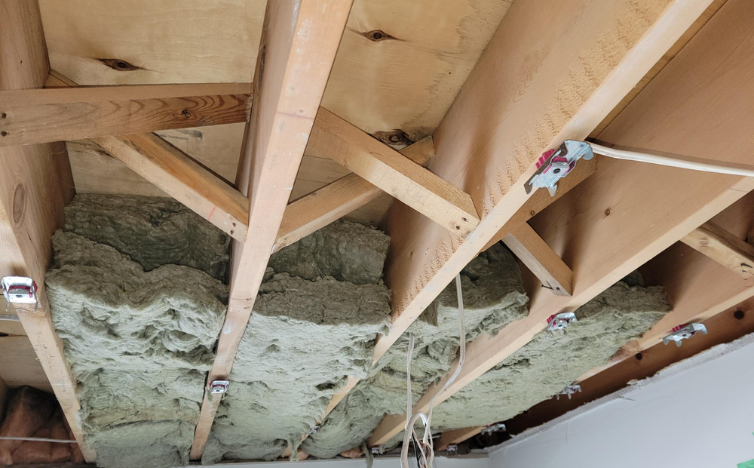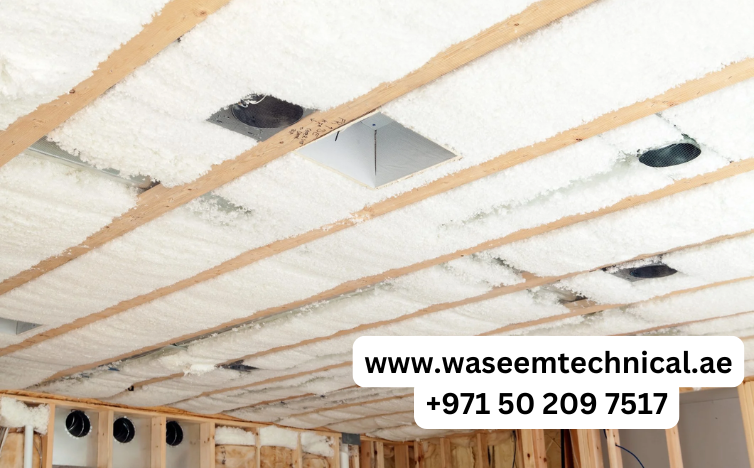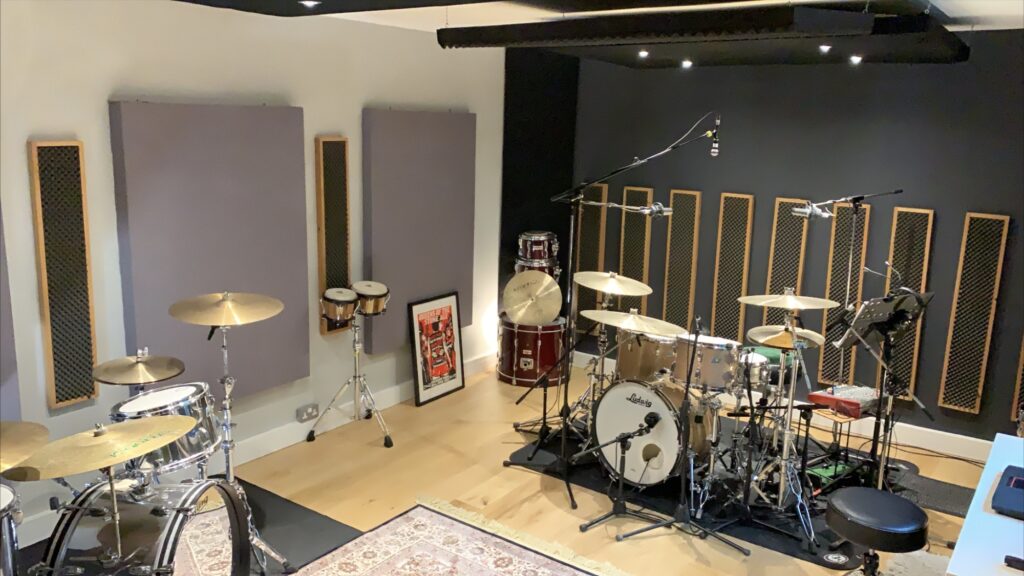A soundproof basement can transform the space into a peaceful retreat, whether it’s used as a home theater, gym, or office. Noise insulation not only enhances functionality but also adds value to your home. In this guide, we’ll cover how to soundproof your basement and why it’s worth the effort.
Why Soundproofing Your Basement Is Important
1. Reduce Noise Transmission
Basements often let sound travel easily, disrupting activities upstairs. Proper soundproofing prevents noise from seeping through floors and walls, ensuring a quieter home environment.
2. Enhance Basement Functionality
Whether you’re using your basement as a music studio or a playroom, soundproofing ensures minimal distractions and better acoustics.
3. Increase Home Value
A soundproof basement appeals to potential buyers by providing a multipurpose, noise-controlled space.
4. Improve Privacy
Soundproofing is crucial if your basement serves as a guest room or rental unit, ensuring privacy for everyone in the household.
How to Soundproof Your Basement

1. Identify Noise Sources
Start by identifying the main sources of noise. Is it footsteps from above, outdoor sounds, or noise from the HVAC system? Knowing the source helps you choose the right materials and techniques.
2. Seal Gaps and Cracks
Use acoustic sealants or caulking to fill gaps around doors, windows, and electrical outlets. These small openings allow sound to travel easily.
3. Install Acoustic Insulation
Adding soundproof insulation to your basement walls and ceilings can significantly reduce noise transmission. Materials like mineral wool or fiberglass are great options.
4. Use Mass Loaded Vinyl (MLV)
MLV is a dense, flexible material that blocks sound effectively. Install it on walls, ceilings, or even floors for an additional sound barrier.
5. Soundproof the Ceiling
Footstep noise from above is a common issue in basements. Consider installing resilient channels and adding a layer of drywall with Green Glue noiseproofing compound to absorb vibrations.
6. Lay Soundproof Flooring
Add soundproof underlays or carpets to reduce impact noise. Rubber mats and cork tiles are excellent options for this purpose.
7. Upgrade Doors and Windows
Basement doors and windows are often weak points for soundproofing. Replace hollow-core doors with solid-core ones and install acoustic laminated glass windows for maximum noise reduction.
8. Add Acoustic Panels
Acoustic panels can be mounted on walls to absorb echo and improve sound quality within the basement, ideal for home theaters or music rooms.
9. Use Rugs and Curtains
Soft materials like rugs and heavy curtains can minimize echo and add an extra layer of sound absorption.
Tips for Effective Soundproofing
- Plan Your Budget: Soundproofing materials vary in cost. Prioritize high-impact areas if you’re on a tight budget.
- Consider Professional Help: While DIY soundproofing works for minor upgrades, professionals can help with comprehensive solutions for maximum effectiveness.
- Test the Space: After each soundproofing step, test the effectiveness to identify any weak spots.
Call us: Contact Waseem Technical Soundproofing Expert in Dubai For Soundproofing: +971 50 209 7517
Conclusion
Soundproofing your basement isn’t just about reducing noise; it’s about creating a functional, comfortable, and private space. By following these steps, you can transform your basement into a haven that suits your needs while boosting your home’s value. Start your soundproofing journey today and enjoy the benefits of a quieter, more versatile home!




